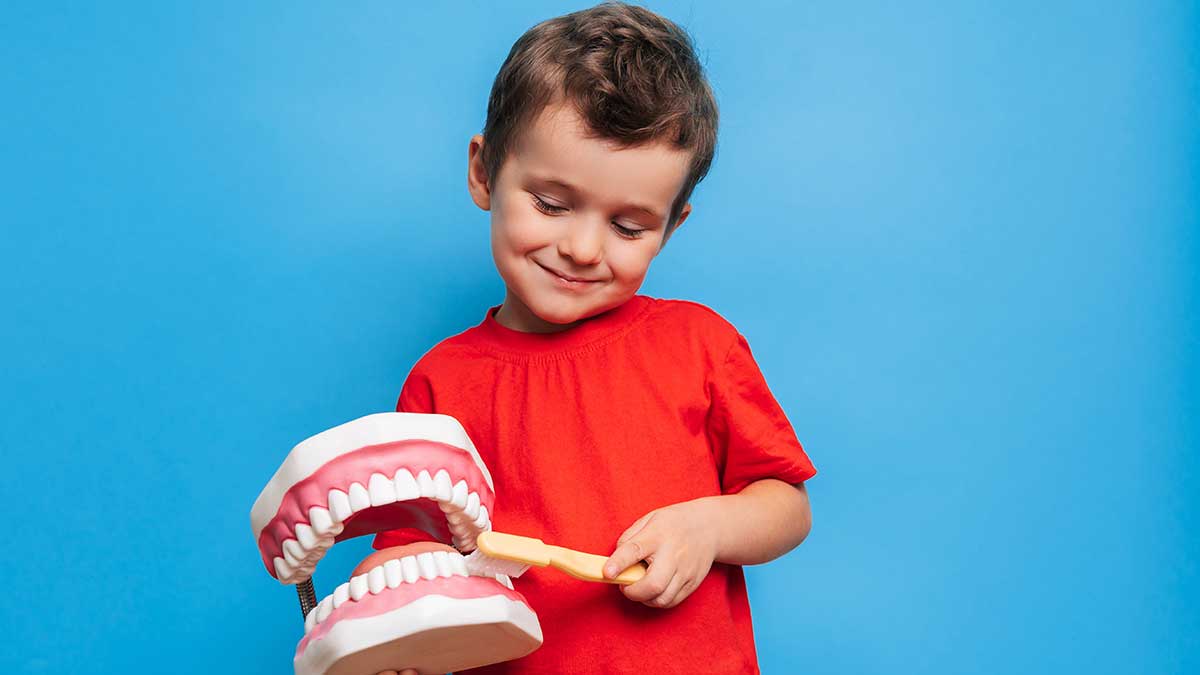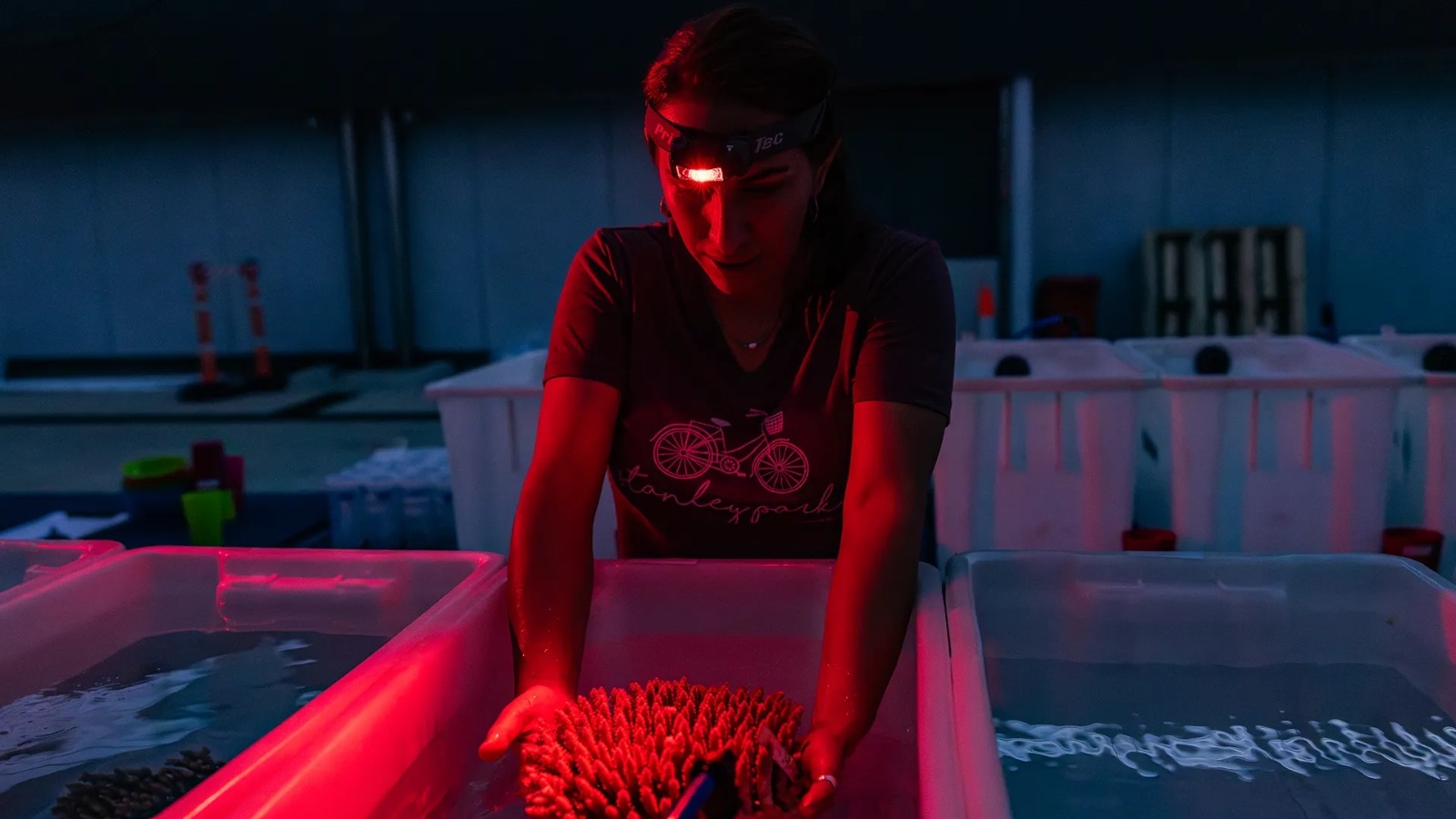Millions of us do the same thing every morning and night: we brush our teeth, squeeze out a small quantity of toothpaste, grab a toothbrush, and scrub away. This tiny little habit, as a part of our daily self-care routine, is something we rarely question. Do you know this act of self-care contributes to a massive environmental problem: plastic pollution?
Each year in the United States, more than one billion plastic toothbrushes are discarded. Globally, it is estimated that over 23 billion toothbrushes are thrown away annually. Think about it — can you remember how many toothbrushes you have thrown away in your lifetime? Most of us start brushing our teeth within the first year of life, and according to the American Dental Association, it is recommended to replace your toothbrush every three months.
Let us do the math: an average 30-year-old has already discarded 90 toothbrushes in their lifetime. Imagine a family of five using about 20 toothbrushes a year, and multiply that by five families; we are looking at 100 toothbrushes a year. For a different perspective, consider a single K-12 school with 500 students — that is around 2000 toothbrushes every year. The number of discarded toothbrushes continues to climb due to an increase in population, as well as the fact that toothbrush handles are often made of mixed plastics and nylon bristles, making them non-recyclable. Nearly every one ends up in a landfill or floating in the ocean, where it will take hundreds of years to break down (National Geographic, 2019). Furthermore, a single toothbrush may weigh up to 30 grams, but multiplied across billions of people, the plastic burden becomes enormous.
This is not just a waste issue; it is a growing environmental health crisis. Plastic used to make toothbrushes doesn’t disappear from our planet. In fact, it breaks down into micro and nanoplastics that contaminate our soil, water, and food. Additionally, microplastics have also been found in human blood, raising serious concerns about long-term health consequences.
Ironically, dentistry’s core ethical principle of nonmaleficence—that is, “do no harm”—may be unintentionally harming the planet. It is high time to focus on not just clinical cleanliness, but also to shed some light on environmental responsibility. It is time to broaden the definition of clean beyond a clean mouth to include a clean planet as well.
Fortunately, sustainable options are available. A 2020 study in the British Dental Journal applied life cycle assessment to common types of toothbrushes and found that electric toothbrushes had the highest environmental impact, while models with bamboo handles and replaceable heads were the most sustainable. Refillable toothpaste tablets reduce plastic waste from traditional tubes, and biodegradable floss made from silk works just as effectively as nylon floss. To add to this list, Colgate Keep and Nada Toothbrush use an all-aluminum handle with replaceable heads, reducing plastic waste by up to 80% per toothbrush.
Switching to a sustainable toothbrush may feel like a small act, but it is definitely a concrete step towards a cleaner planet. I am sure everybody wants good oral hygiene, but definitely not at the expense of our Earth’s health. Every morning, we face a choice: either to contribute to the plastic problem or be part of the solution. Ask your dentist about eco-friendly oral hygiene products, and share what you learn. For more information on sustainable options, see this guide to recycling toothbrushes and toothpaste tubes.
Considering the financial aspect of eco-responsible products, these may seem expensive upfront, but the long-term value makes them worthwhile. For instance, the Colgate Keep starter kit, featuring an aluminum handle and two replaceable brush heads, costs approximately $9. Now, this is more costly compared to a $2 plastic toothbrush, but the reusable design of the Colgate Keep means you only replace the small brush head, rather than throwing away the entire toothbrush every few months.
In the end, as Vincent Van Gogh once said, “Great things are not done by impulse, but by a series of small things brought together.” Sustainability begins with small habits. Every toothbrush, every tube, every floss container adds up to the never-ending pile of plastic under our oceans and landfills. The health of the mouth should not be at the expense of the planet’s health.
Tomorrow morning, when you brush your teeth, remember: clean teeth and a cleaner planet can go hand in hand.
About the Author
Akanksha Tyagi is a pediatric dentist and public health professional in training at San José State University. She combines her clinical background with a passion for sustainability to promote eco-conscious approaches to healthcare. Follow her on LinkedIn.
Source link
Earth911 earth911.com


